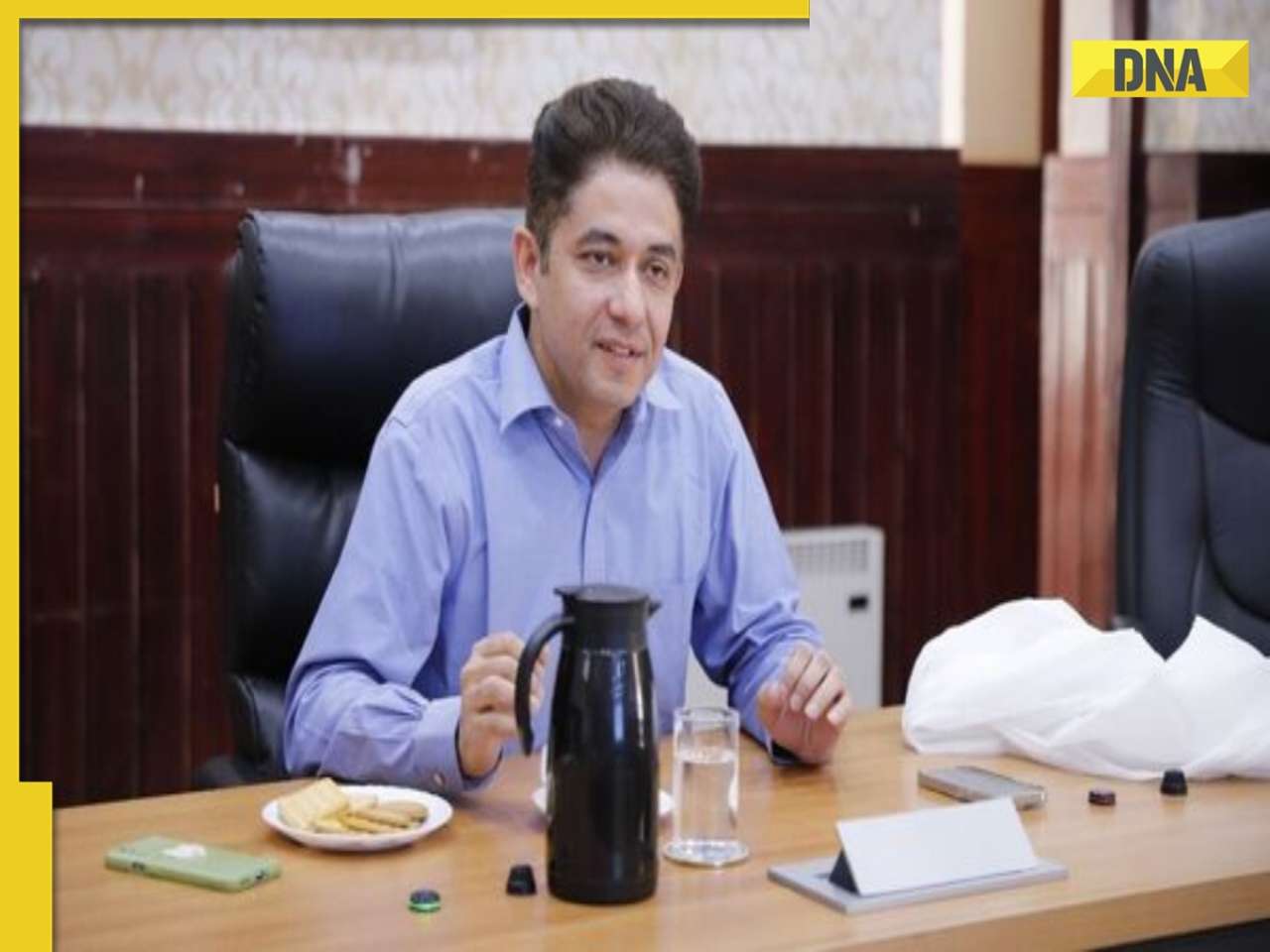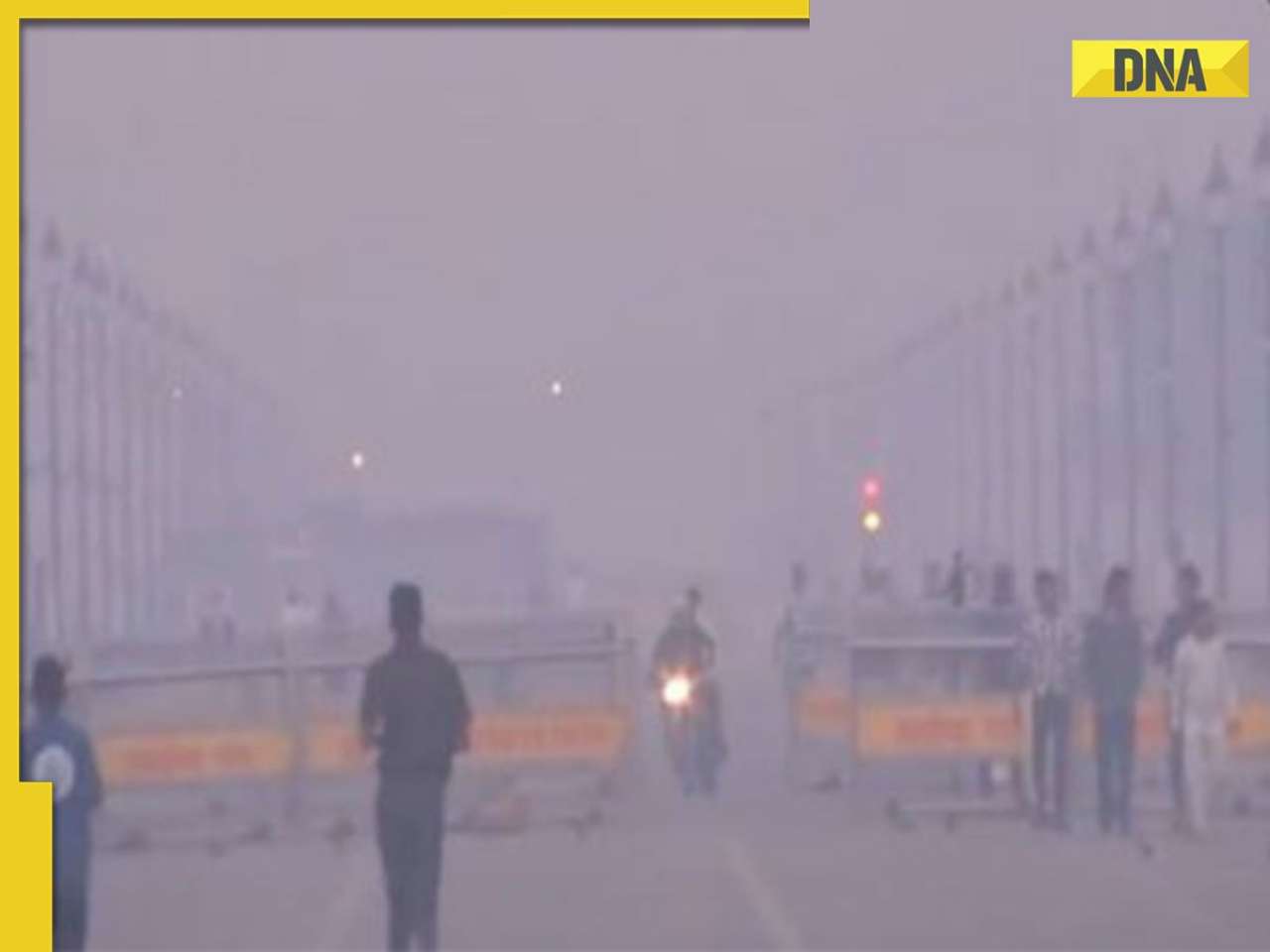- LATEST
- WEBSTORY
- TRENDING
HEALTH
Mpox Outbreak: Mpox virus spreading fast, WHO raises alert; know symptoms, causes, treatment
According to the WHO, nearly 27,000 mpox cases have been reported in the DRC this year, with approximately 1,100 fatalities, predominantly among children.
TRENDING NOW
The mpox virus, formerly known as monkeypox, is spreading rapidly across Africa, raising significant concerns. The outbreak, which started in the Democratic Republic of the Congo (DRC), has now spread to Uganda and Kenya. WHO Director-General Tedros Adhanom Ghebreyesus has expressed serious concerns and is considering forming an Emergency Committee to assess the situation.
In the DRC alone, nearly 27,000 mpox cases have been reported this year, resulting in about 1,100 deaths, mostly among children. Al Jazeera reports that 70% of cases and 85% of deaths are among children under 15. The Africa CDC states that over 96% of cases are in the DRC, with cases increasing by 160% and deaths rising by 19% this year.
Symptoms:
Symptoms of mpox generally appear 7 to 14 days post-exposure and include fever, rash, swollen lymph nodes, headaches, muscle aches, fatigue, and back pain. The rash usually begins on the face before spreading to other areas of the body. Severe complications can arise, such as pneumonia, vomiting, difficulty swallowing, eye infections leading to vision loss, and inflammation of the brain, heart, and rectum. Individuals with HIV or weakened immune systems are particularly vulnerable to these severe outcomes.
Prevention and Treatment
Preventive measures include avoiding contact with infected animals and individuals, maintaining good hygiene, and wearing protective clothing in high-risk areas. While there is no specific antiviral treatment for mpox, supportive care can alleviate symptoms. This includes staying hydrated, managing pain and fever with over-the-counter medications, and using antiviral drugs like tecovirimat for severe cases. Isolation of infected individuals is crucial to prevent further transmission.







)






























































